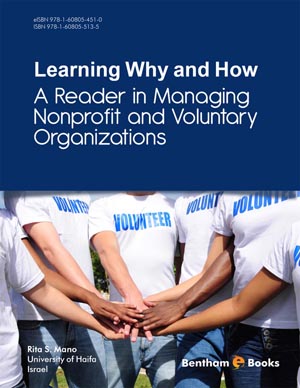Abstract
There is increasing awareness of being socially responsible and the need to
address social problems involving various key stakeholders in the public and private
sectors, the corporate world and businesses, as well as the community. With social
issues experienced globally, such as introducing diversity in society and eradicating
poverty, it is imperative to use social innovation to improve or replace the way things
are currently done. The purpose of this paper is to analyse the impact of social
innovation on entrepreneurship as a way of providing stable income to underprivileged
and unemployed segments and youth. It discusses key elements that support the
development of entrepreneurship to ensure sustainability and growth, to ensure the
underprivileged segment and youth will continue to earn income, thus reducing
reliance on welfare assistance support. The research was conducted based on interviews
and observation methods. Two significant projects were investigated that employed the
social innovation model, how they were applied, and the implications to the society that
participated in these projects. These include the processes, the role of individuals and
the collective action of key strategic stakeholders in managing and structuring the
programmes. We conclude with the importance of entrepreneurship in driving
economic growth and empowering the targeted segment, such as the underprivileged,
through entrepreneurship to provide employment and sustainable income.
Recommendations include: managing social issues, uncover the importance of social
inclusivity, introducing social innovation to develop individuals and drive economic
growth, involvement of all parties from the public and private sectors, as well as nonprofit and non-government organisations to expand the initiatives to include those who
are entitled to receive the support.









.jpg)


